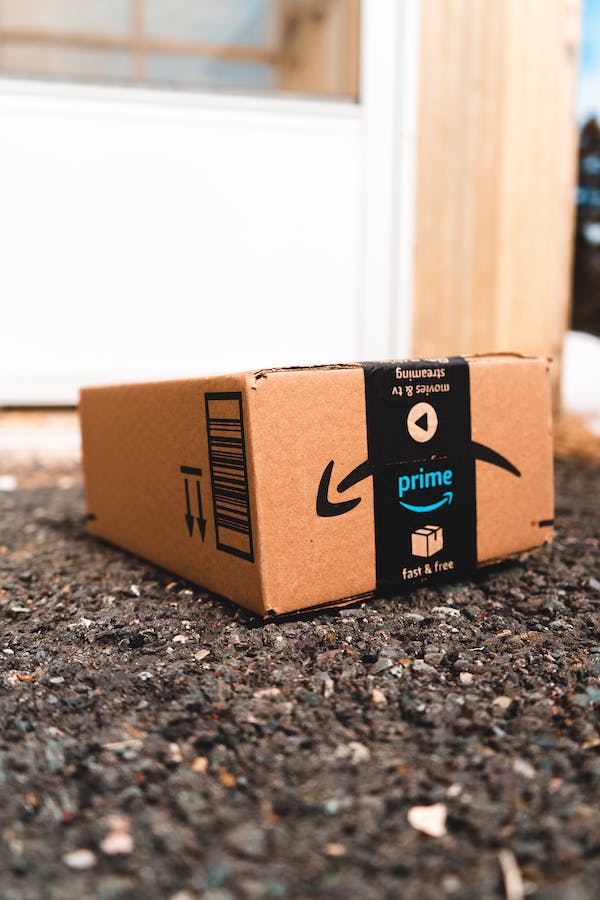
By Stacy M. Brown, NNPA Newswire Senior National Correspondent
Amazon is facing legal action from the Federal Trade Commission (FTC) for allegedly engaging in deceptive practices to entice consumers into signing up for its Prime service and making it difficult for them to cancel their subscriptions.
The suit marks the most aggressive action taken against the e-commerce giant by FTC Chair Lina Khan, who has been vocal in her criticism of big tech companies.
The lawsuit, filed in the U.S. District Court for the Western District of Washington, accuses Amazon of utilizing “dark patterns,” manipulative design tactics on its website, to steer users towards subscribing to Prime.
Once consumers decided to cancel, they encountered a convoluted and confusing process.
According to a statement by Khan, “Amazon tricked and trapped people into recurring subscriptions without their consent, not only frustrating users but also costing them significant money.”
The lawsuit counts as the first time the FTC has taken Amazon to court under Khan’s leadership as she seeks to intensify regulatory scrutiny over the company.
Given their influence in online commerce, she has been a vocal advocate for more decisive action against big tech firms.
While the FTC has been investigating Amazon’s practices for several years, observers reportedly are closely watching to see how Khan will proceed.
Although the lawsuit falls short of the extensive antitrust case that Amazon’s detractors demanded, it does reflect a more considerable effort by regulators to limit the influence of tech giants like Amazon, Apple, Google, Microsoft, and Meta (formerly Facebook).
The legal action comes after Amazon settled previous FTC cases that predate Khan’s tenure.
Last month, the company agreed to a $25 million settlement over allegations that its Alexa home assistant devices had illegally collected children’s data.
The FTC also resolved another privacy case involving Amazon’s Ring home security subsidiary.
Amazon Prime has attracted subscribers for years with enticing promises of expedited shipping, access to a streaming video library, and other benefits.
As of 2021, the program boasted over 200 million members, generating $35 billion in subscription revenue.
However, the FTC claims that Amazon made it exceedingly challenging for customers to purchase on its platform without subscribing to Prime during checkout.
Furthermore, the agency argues that the company made it arduous for users to locate the page allowing them to cancel the service, bombarding them with offers intended to dissuade cancellation.
The lawsuit comes after years of media attention and advocacy groups highlighting the difficulties consumers face when attempting to cancel their Prime subscriptions.
In a 2021 complaint to the District of Columbia attorney general, the Electronic Privacy Information Center, an advocacy group, accused Amazon of employing manipulative design tactics to frustrate users’ cancellation intentions.
In a 2022 report, the FTC pledged to crack down on design practices aimed at deceiving or obstructing consumers’ efforts to cancel a service, emphasizing that they are closely monitoring dark patterns.
With the lawsuit, the FTC said it intends to send a strong message that such practices will not go unnoticed or unchallenged.


